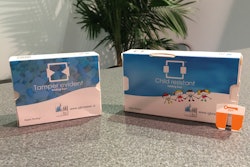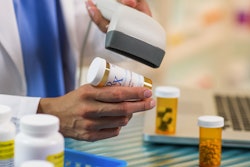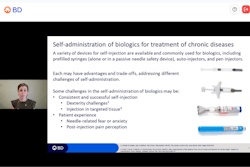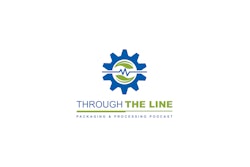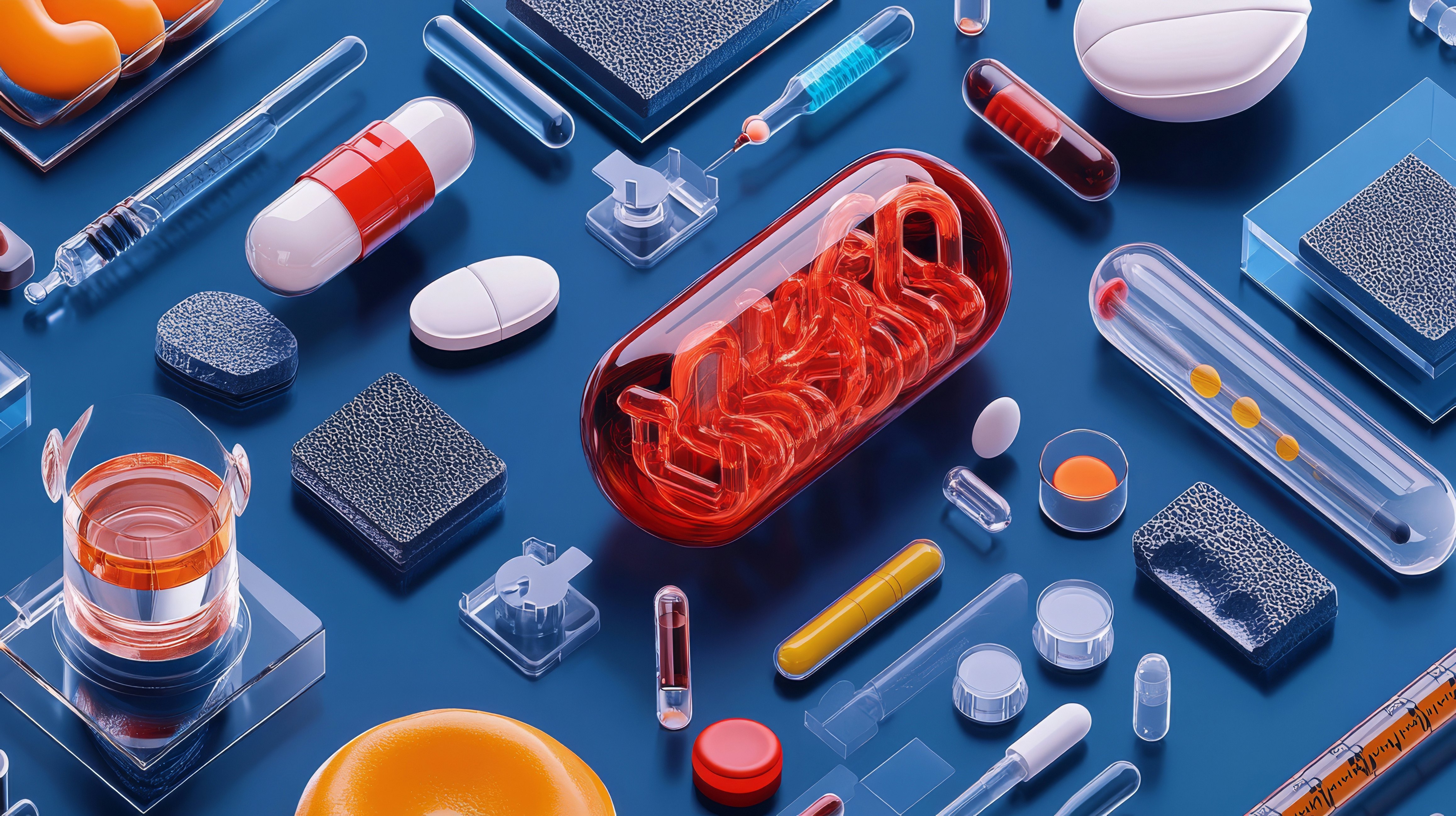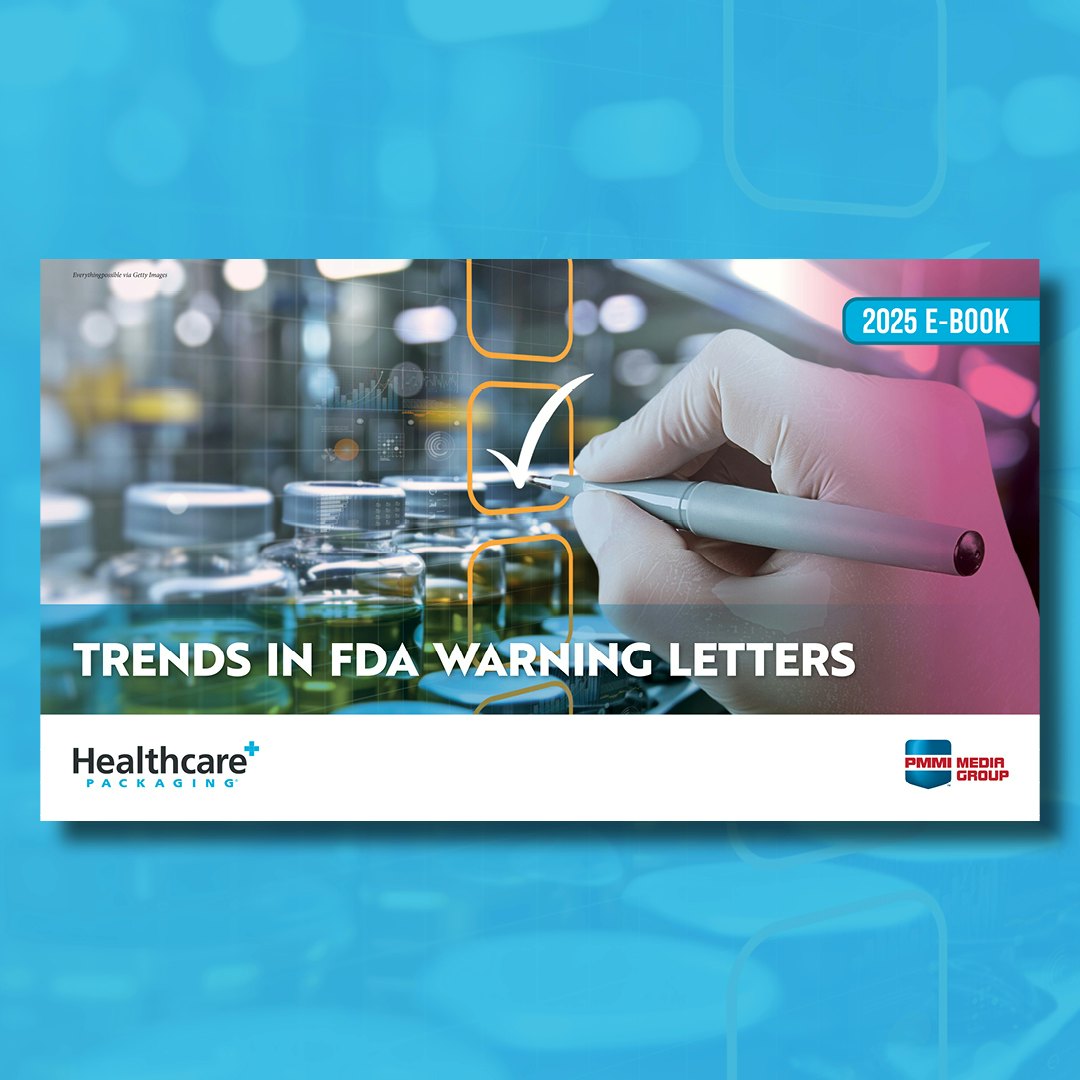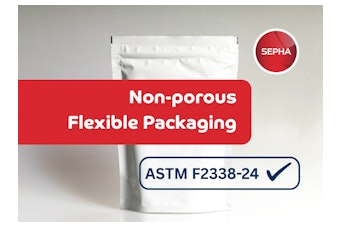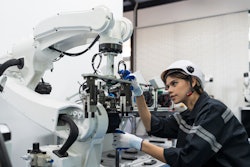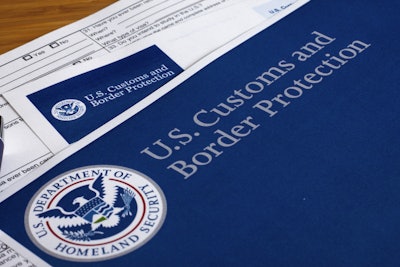
The president-elect hasn’t taken office yet—predictions at this point are still highly speculative. But it is worth considering what potential changes may take place.
On today’s episode of Here & Now on NPR, Robin Young spoke briefly with Ed Silverman, a senior writer and Pharmalot columnist, about points to ponder with the soon-to-be administration:
-
Will there be efforts to speed FDA approval of drugs and devices? Young brought up the use of “reform” on the Healthcare page of Trump’s transition website. (The site states that the administration will act to “Reform the Food and Drug Administration, to put greater focus on the need of patients for new and innovative medical products.”) Silverman pondered whether this means the team “would take steps to somehow require the FDA to move faster when it comes to approving drugs and medical devices.” The two discussed the stalled House bill, 21st Century Cures, which some worry will lower the bar for approval, potentially impacting the safety and efficacy of drugs reaching the market.
-
How might drug pricing be addressed? It’s unlikely that Americans will be allowed to import cheaper drugs from other countries. Though the president-elect has voiced support for this on occasion in the past, Silverman noted that Republicans and pharma lobbyists are against this, and that the FDA has expressed concerns about the potential for entry of counterfeit drugs.
-
Will pharmaceutical companies bring money back to the U.S. as a result of tax reforms? As Young pointed out, “There’s a Trump plan that’s been floating around to allow companies to bring their money back that they’ve parked overseas because of the high tax rate, or a tax rate they see as high.” She noted that there may be $120 billion in pharmaceutical industry dollars held overseas to avoid taxes, and she asked if that money could be put toward research and development. Silverman noted that the figure could even be higher than $120 billion, and that it is a possibility, but that whether the money goes to R&D will be up to each individual company. He noted that companies want to make sure investors are happy, and could buy back shares or raise dividends. There is no guarantee that billions will be earmarked for innovation. “That would be nice,” he said. “But it’s hard to know at this point whether that kind of outcome is really going to happen.”



